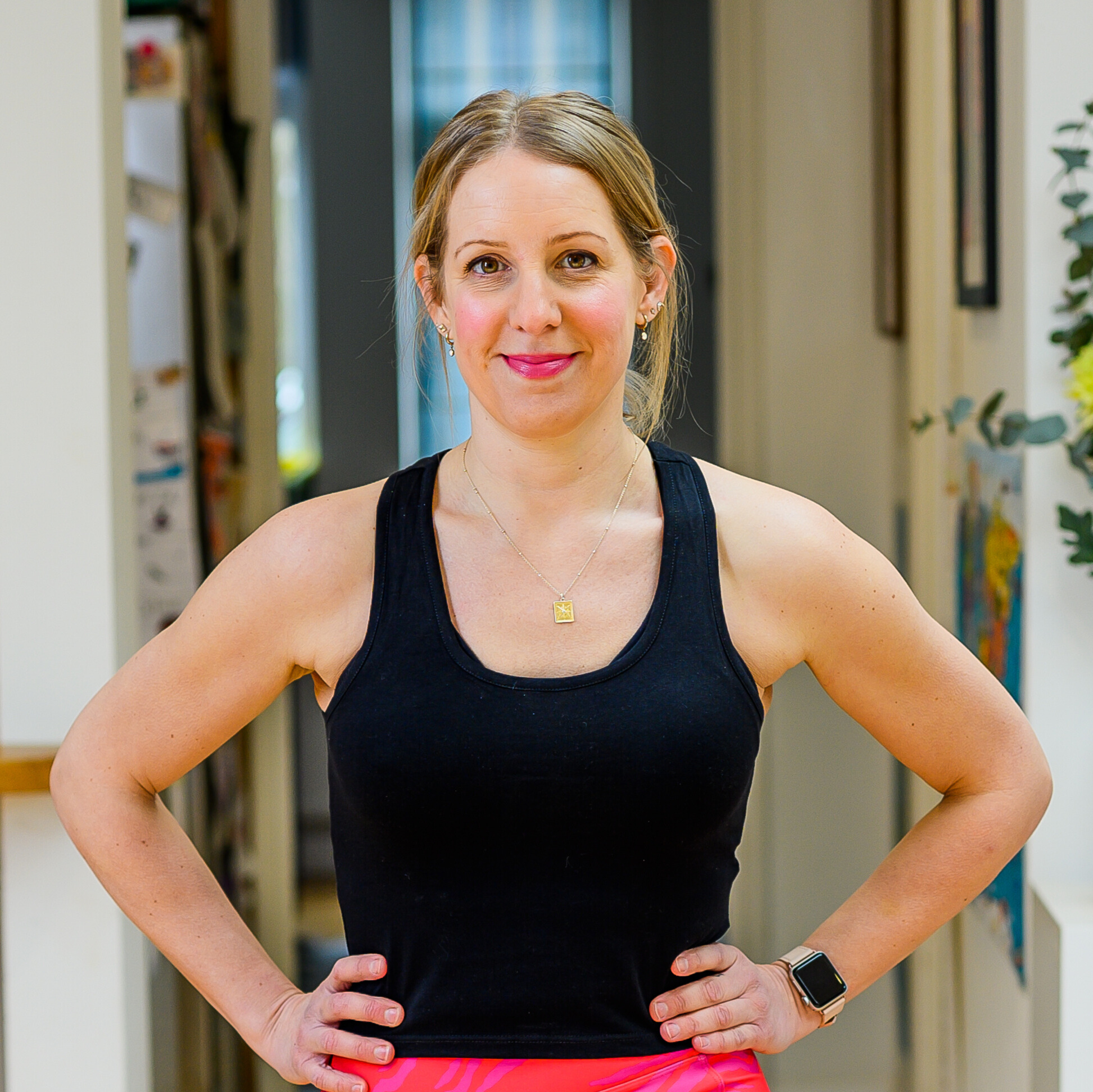A mobility coach recommends this posture hack to release shoulder tension in 60 seconds
Desk workers, this one is for you


Sitting at your desk and hunching over your phone for long periods can wreak havoc on your posture, leading to rounded shoulders, tightness and upper-body pain. Slouching can even shorten the muscles in your chest and shoulders while weakening your back, potentially leading to discomfort or long-term issues.
The good news? It only takes 60 seconds to stretch and get some relief, says Ruben De Monte, a mobility coach and former professional ballet dancer. His short routine below undoes some of the tension caused by slouching and helps you reset.
Ruben De Monte's stretching routine
A post shared by Ruben De Monte | yoga - mobility - wellness 🇮🇹🇬🇧 (@rubendemonte)
A photo posted by on
De Monte’s recommendations involve just two moves—internal and external shoulder rotation and a chest stretch. You can do these seated or standing, both for 60 seconds—no equipment needed.
Internal and external shoulder rotation
- From a seated or standing position, raise your arms out to the sides at shoulder height.
- On your left shoulder, internally rotate it by turning your shoulder toward the floor. You should feel a stretch in the back of your arm and your palm should be facing upwards and back.
- At the same time, perform the opposite motion on your right arm. Externally rotate by moving the shoulder cuff back, palm facing up.
- Next move the left into external rotation and right into internal rotation. Continue rotating and alternating both arms in opposite directions for one minute. Popping or clicking noises in your shoulder are normal as long as they’re pain-free.
Chest stretch
- From a seated or standing position, interlock your fingers behind your back.
- Fully extend your arms, pulling your shoulder blades together.
- Hold this for one minute feeling the stretch across your chest.
What causes shoulder tension
According to Sherry Bingham, a chartered physiotherapist and biomechanist at The Synergy Practice, shoulder tension is common and is often the result of stress, prolonged poor posture or imbalances in the muscles.
Poor posture can result in something called upper-crossed syndrome, which creates shoulder tension. This condition is characterized by “rounded shoulders, flexed neck with chin protruding, rounded thorax (rounded or hump looking rib cage), leading to a reduced range of movement and painful symptoms in the upper body,” says Bingham.
Other moves to try
While the two moves demonstrated by De Monte offer a good stretch and starting point, Bingham says they are unlikely to address everyone’s specific needs.
She suggests incorporating two additional exercises that can support the strain we put on our bodies in everyday life.
Start your week with achievable workout ideas, health tips and wellbeing advice in your inbox.
Doorway stretch
Bingham says this doorway stretch opens up the chest and counteracts the curled-up position we often find ourselves in on the couch or chair.
How to do it:
- Stand in and open doorway and raise your hands to the sides of the doorframe, maintaining a bend in your elbows.
- Keeping your hands in position, step forward to create a satisfying stretch in your shoulders.
Platysma stretch
The platysma stretch stretches the front of your neck (the platysma and sternocleidomastoid muscles) to reduce tension and improve flexibility.
How to do it:
- In a kneeling or standing position, place your hands firmly on your sternum.
- Look up to the sky, keeping your mouth closed, to feel a stretch down the front of your neck.
If you're still experiencing stiffness in other parts of your body, we have lots of ideas that you can try.
These hip stretches can undo the damage of sitting, while this five-minute routine for tech neck can release pent-up tension. If you're looking for a longer routine, we'd recommend doing something like these yoga stretches for beginners.
Maddy Biddulph is a journalist specializing in fitness, health and wellbeing content, with 26 years in consumer media working as a writer and editor for some of the bestselling newspapers, magazines and websites in the US and UK, including Marie Claire, The Sunday Times and Women’s Health UK.
She is a CIMPSA-certified PT and works one-on-one with clients, as well as running Circuits Club classes which mixes cardio and strength training and chair-based exercise classes for seniors.

